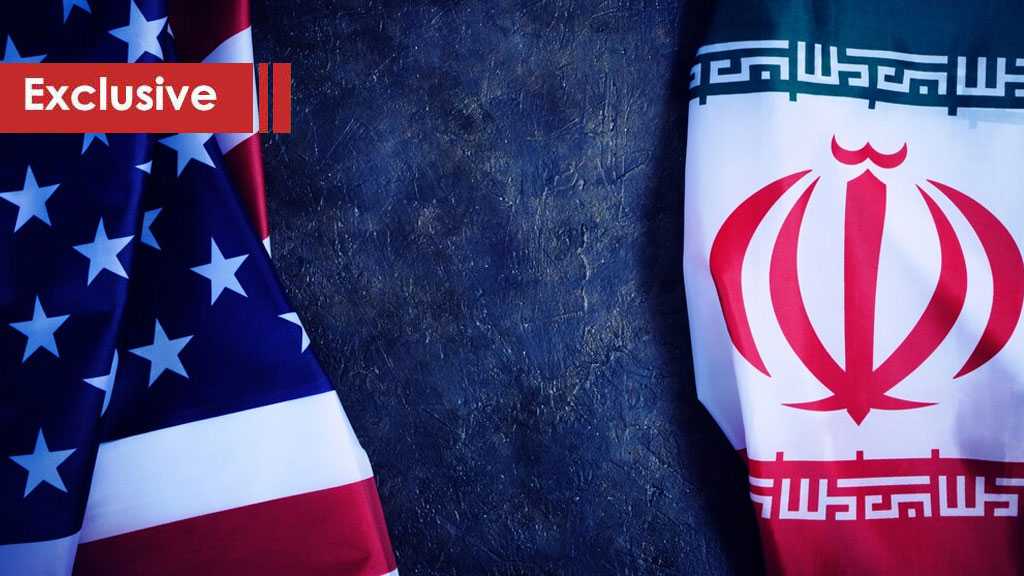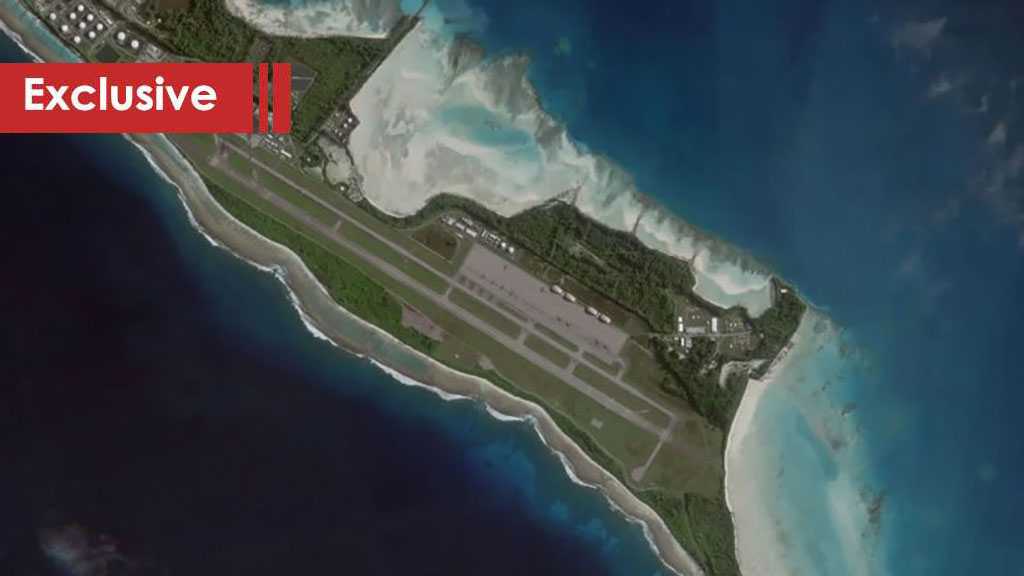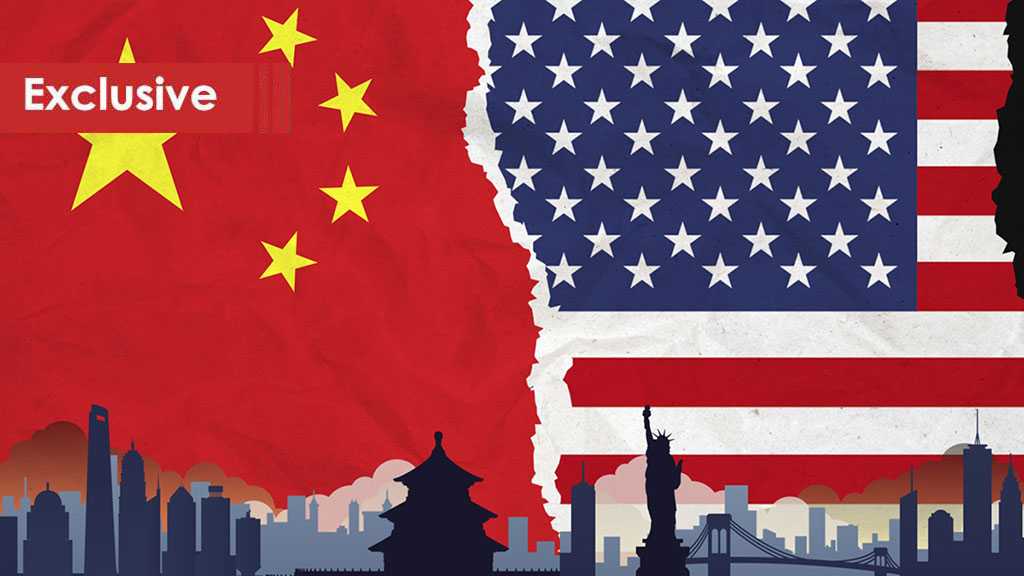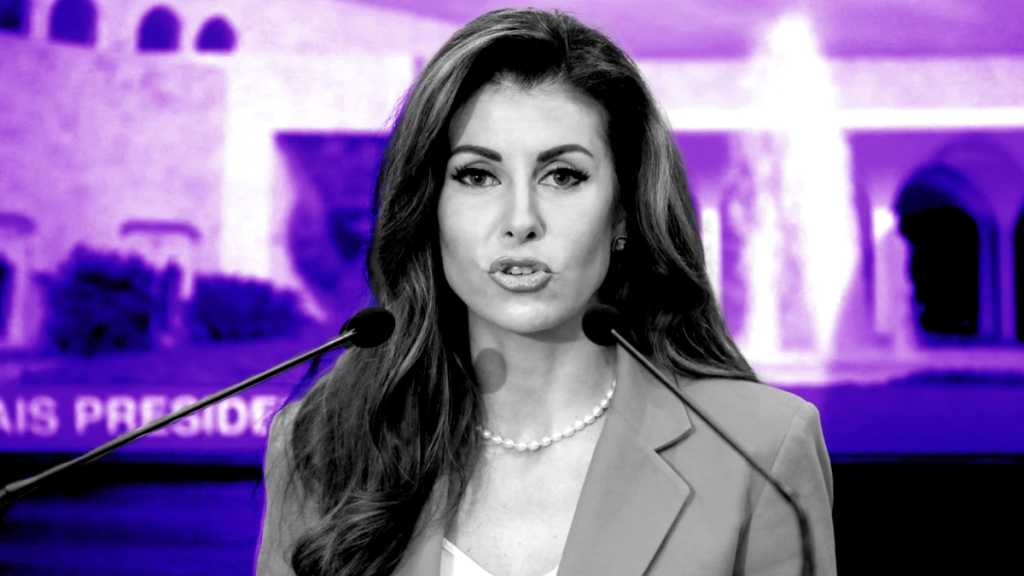Iraqi Political, Cultural Figures: Hizbullah Luminous Landmark in Our Nation’s History, Future
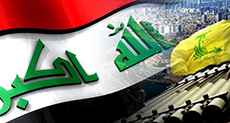
Adel al-Jabbouri
Different Iraqi political, media and cultural figures denounced the decisions of the Gulf Cooperation Council [GCC] and the Arab Foreign Ministers that described Hizbullah as a terrorist organization, stressing that Hizbullah represents, via its path full of heroisms and sacrifices, a luminous landmark in history, and in the present and future of both Arab and Muslim nations.
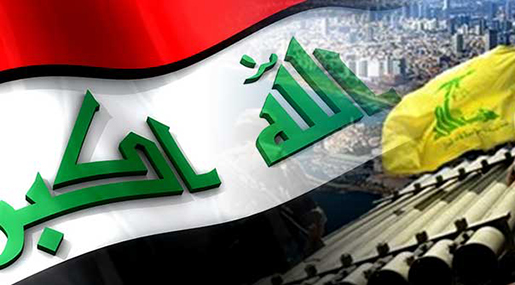
Iraqi MP from the National Coalition, Mohammad al-Mas'oudi stressed to "al-Ahed" that: "Hizbullah in Lebanon, resistance factions and the Popular Mobilization Forces in Iraq, represent the true path of freedom and humanity based on real principles which such sides are seeking to provide, such as dignity, honor and pride in fighting the enemies of humanity and religion."
Al-Mas'oudi further noted that: "The insistence of some Arab states, such as the Gulf countries and other international parties, to deny such resistance movements, and rather label them as terrorist, reflects the bloody path and official support for the "Daesh"-like [the Arabic acronym for the terrorist "ISIS"group] terrorist gangs, and confirms its political naturalisation with "Israel"," adding that "history will remember these factions that are fighting honorably and proudly as much as it could, to remind those who betrayed the Arab and humanitarian cause."
For his part, journalist and writer Hafez Al Beshara told "al-Ahed" that: "The voting in the Arab Foreign Ministers meeting on deeming Hizbullah a terrorist organization is a new shift in "Israeli" hegemony over Arab decision-making. Such hegemony has been secret and it was not possible to verify it through factual evidences, yet some new developments on the Arab scene have helped to highlight the "Israeli" hegemony more clearly and in less contained manner.
It seems that the Saudi Kingdom is weighing high in strengthening ties with Tel Aviv, in which a Saudi official announced a few days ago that his country is seeking to find a strong coalition with "Israel" to confront Iranian expansion. Soon after, the Saudi Ambassador to Baghdad declared that the Popular Mobilization Forces are rejected in Sunni areas, and that they are like "Daesh". The statement was followed by another made by the Emirati Foreign Minister, who considered the same forces dangerous and not unlike "Daesh". The Turkish stance was also similar to the previous ones."
Al Beshara also mentioned that: "The decision of the Arab foreign ministers against Hizbullah is made in Saudi Arabia and the entire world knows its context. It is a service provided by Riyadh to "Israel" under their coalition project. In this respect, the Iraqi delegation to the conference, led by the Minister of Interior Mohammad al-Ghabban, made a brave stance as he rejected and denounced this decision, and he was only timidly supported by the Lebanese delegation!... Saudi Arabia is starting a new era of concern and fear of the future. It is also attempting to find itself some place in the map of transformations, aimed at pleasing "Israel" no matter what is the price, to guarantee itself continuity in the new situation."
He went further in saying that: "The biggest concern of Saudi Arabia and its allies is the major victories made by Iran and the Shiite resistance forces in the region, in addition to the global support for the Shiite uprising. International circles know that this moderate life-loving and peace-loving doctrine comes in contrast with Takfir, violence, and retardation of extremist groups like al-Qaeda and "Daesh". The Saudi- Gulf role in producing, training and making the cultures of these gangs is very clear."
Meanwhile, the Media Office Director of the Resistance and Construction Movement, Rashid Mohsen al-Mousawi, asserted that "classifying Hizbullah as terrorist is a bold violation not only against this part which represents the hope and ambitions of the Arab people in general and the oppressed Palestinian people in particular, but it is a violation against all peoples and movements that call for freedom and rejecting oppression and slavery. At the same time, it uncovers the treason of the regimes that attempt to hide behind an Islamic mask, which doesn't fit. Yet, hopes are harbored on the aware peoples that would reject, by all means possible, this unjust decision against a party that sacrificed its all to support the oppressed peoples."
In parallel, MP of the Citizen Bloc, Mohammad al-Lakash, described the GCC and the Arab Foreign Ministers Council's resolutions as a dangerous political setback and a big shame for all those who contributed to making such decisions.
Lakash referred to Lebanese Hizbullah as the "Luminous and shining point in the dim Arab darkness, and in the defeats the Arab and Muslim worlds are suffering from due to the weakness and defeatism of the Arab governments in front of the Zionist entity, the US and Western powers."
For his part, academic researcher in the Iraqi al-Afaq Institution for Studies and Research, Abbas al-Furaiji, stressed to al-Ahed that "the Arab decisions against Hizbullah reflect disgraceful Arab disorder and confusion in the Saudi Kingdom after its plans against Iran, Syria, Yemen, Iraq and Lebanon failed.
Al-Furaiji further stated that: "such decisions in fact represent Hizbullah's victories and a clear testimony regarding its power and influence. Perhaps the Zionist entity's comfort regarding such decisions is the most clear and significant evidence for this.
Source: al-Ahed News, Translated and Edited by website team

